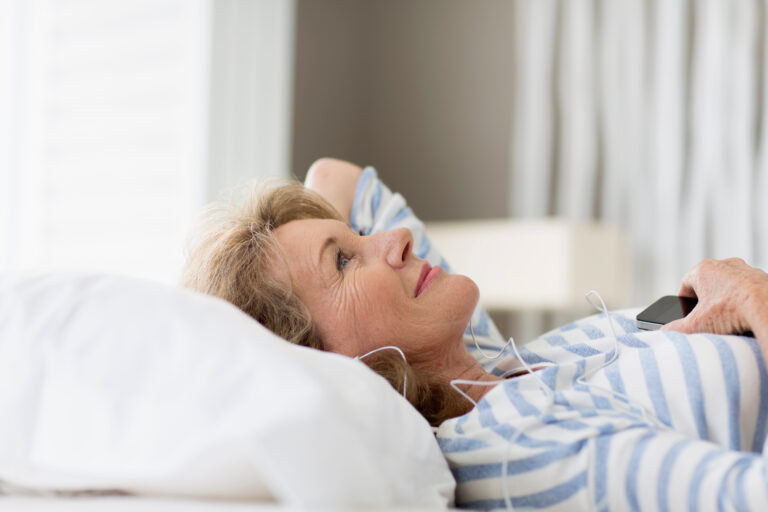The debate over whether to shower before bed or in the morning has been ongoing for years, with proponents on both sides presenting compelling arguments. When it comes to sleep quality, the timing of your shower can have a significant impact. Let’s delve into the benefits and drawbacks of each approach to help you decide which is best for you.
## Morning Showers
Taking a shower in the morning can be incredibly invigorating. The warm water stimulates circulation, which helps awaken your senses and boosts your mood by releasing endorphins. This makes it an excellent way to start the day, especially for those who need a mental energy boost. Additionally, a morning shower is beneficial for removing sweat and microorganisms that accumulate overnight. According to microbiologist Primrose Freestone from the University of Leicester, the body can release up to half a liter of sweat and thousands of dead skin cells during sleep, making a morning shower essential for hygiene[1][2].
For individuals with oily skin or those living in warm climates, a morning shower is particularly advantageous. It helps remove excess oil and sweat, reducing the risk of skin rashes and infections. Moreover, showering in the morning can help prevent body odor by washing away bacteria that thrive on sweat. These bacteria, such as staphylococci, break down sweat into compounds that cause the characteristic smell of body odor[2].
## Night Showers
On the other hand, showering before bed has its own set of benefits, particularly when it comes to sleep quality. The Sleep Foundation explains that the human body regulates sleep through temperature; when core body temperature drops, the brain signals it’s time to rest. Taking a warm shower at night, ideally between 104°F and 108°F (40–42°C), one or two hours before bed, can accelerate this temperature drop, making it easier to fall asleep[1].
Night showers also remove sweat, dust, and pollutants accumulated throughout the day, preventing them from ending up in your bed sheets. This is especially beneficial for people with mild insomnia, allergies, or those living in polluted urban areas. By washing away these irritants, you can create a cleaner sleep environment that promotes better rest[1].
## Psychological Aspects
Psychologically, people who shower at night often do so as part of a relaxing bedtime routine. Warm showers can lower body temperature afterward, helping you fall asleep faster and stay asleep longer. This practice reflects an awareness of mind-body connection and the importance of unwinding before bed[4].
## Hot Baths vs. Showers
While showers are convenient and effective for hygiene, hot baths offer additional benefits, especially for sleep. Studies have found that bathing in hot water for at least 10 minutes can improve sleep quality by relaxing the body and mind[3]. Hot baths may also help lower blood pressure and support heart health, although they should not replace healthy lifestyle changes or traditional treatments for heart conditions[3].
## Sleep Hygiene Practices
Beyond showering, maintaining good sleep hygiene is crucial for better rest. This includes practices such as keeping a consistent sleep schedule, avoiding caffeine and screen time before bed, and creating a relaxing bedtime routine. Tracking your sleep patterns can help identify habits that might be affecting your rest, allowing you to adjust your routine accordingly[5].
In conclusion, the decision to shower before bed or in the morning depends on your personal preferences and needs. If you prioritize starting the day feeling refreshed and energized, a morning shower might be best. However, if you struggle with sleep or prefer a relaxing bedtime routine, showering at night could be more beneficial.
References:
[1] https://mundonow.com/en/morning-vs-night-shower/
[2] https://www.aol.com/shower-morning-night-microbiologist-reveals-114159108.html
[3] https://www.goodrx.com/well-being/alternative-treatments/benefits-of-hot-baths
[4] https://experteditor.com.au/blog/gen-psychology-says-people-who-shower-at-night-instead-of-morning-think-differently-in-these-10-ways/
[5] https://www.calm.com/blog/what-is-sleep-hygiene





